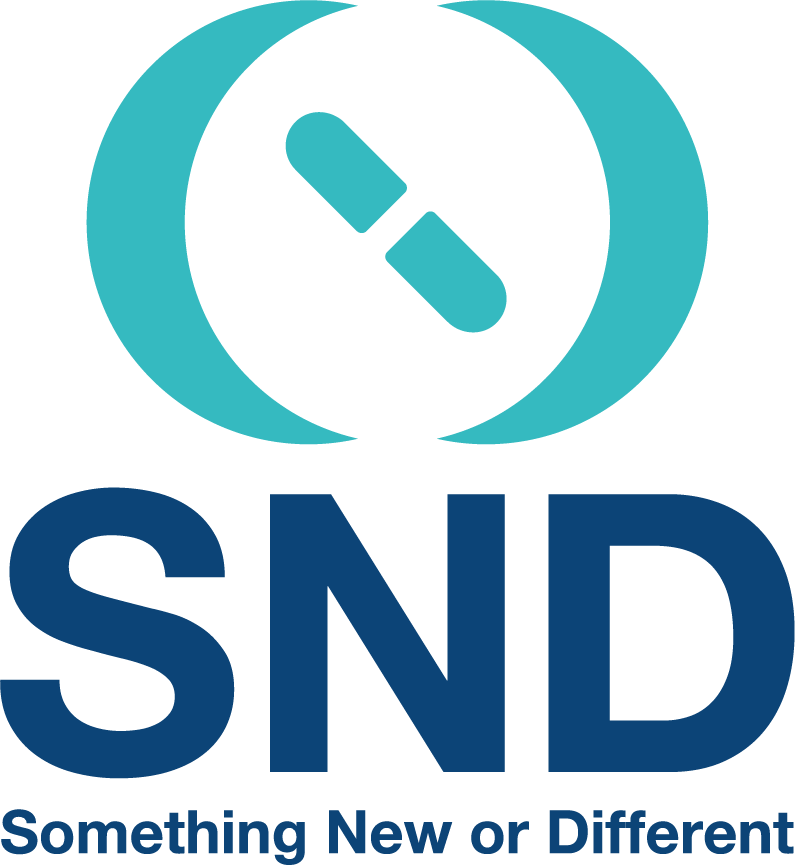Ginza, Tokyo
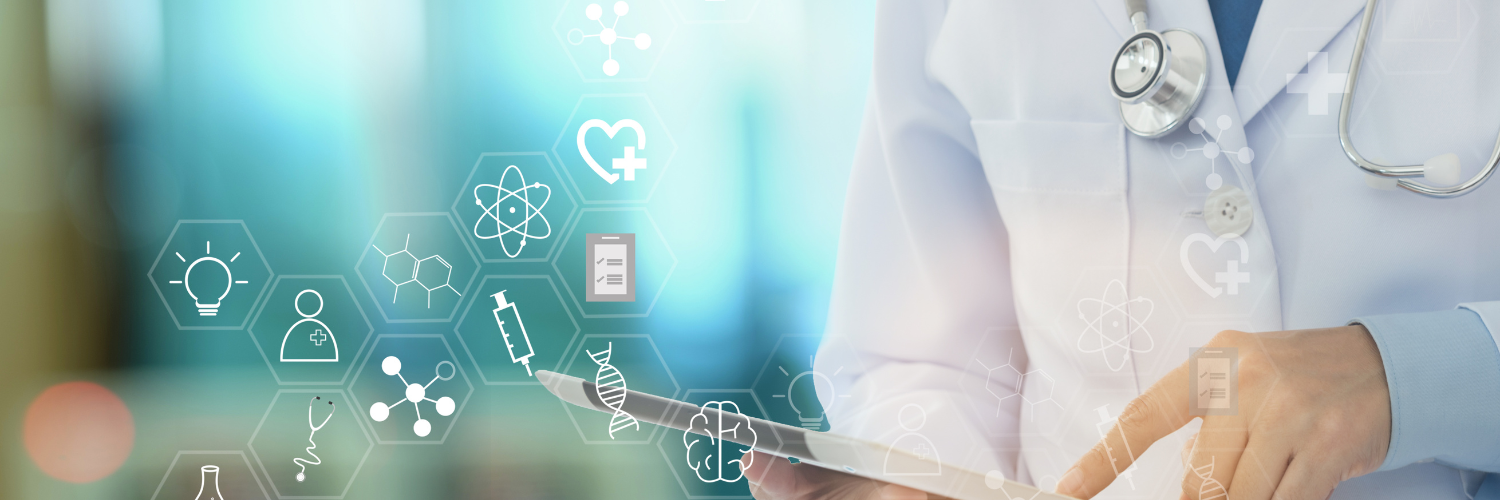
Over the 20 years, successfully conducted 100,000 stem cell cultivations without any incidents.
We perform treatments using products manufactured by "Ainprose" in this cultivation and processing facility.
About "Ainprose"
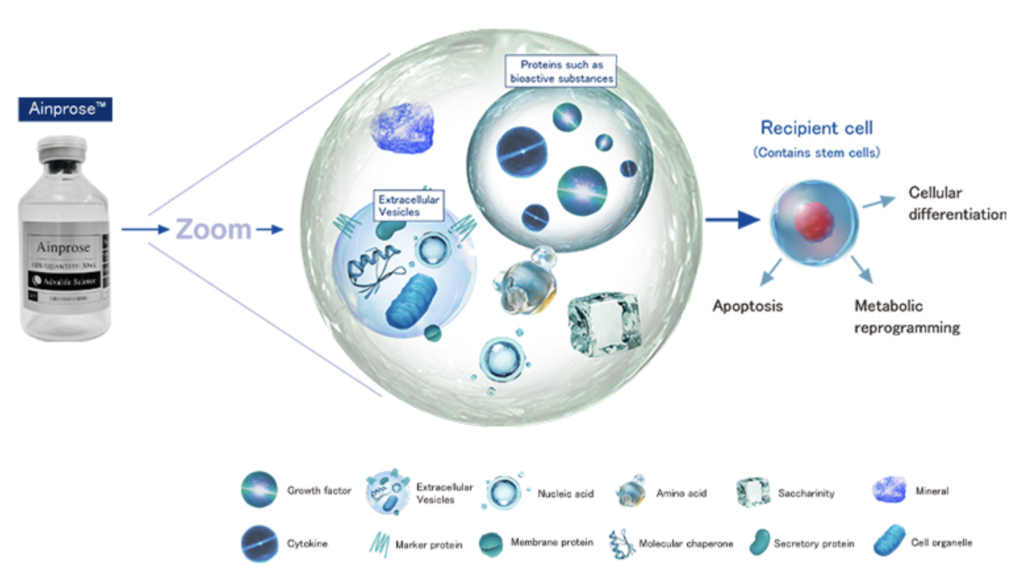
Ainprose (:anti-inflammatory products from stem cell) contains over 2,000 types of physiologically active substances, including endogenous bio-nanoparticles, which are believed to promote tissue regeneration by influencing cells. Expectations for its effectiveness of this therapy are high.

Expected Benefits of Ainprose
| Vascular regeneration and angiogenesis. |
| Collateral angiogenesis for interrupted blood circulation due to atherosclerosis. |
| Nerve cell repair and regeneration. |
| Repair of peripheral nerves. |
| Anti-inflammation effects. |
| Promotes healing of damaged areas (injuries and inflammations) and reduces pain. |
| Anti-oxidant effects. |
| Recovery from fatigue, prevention of lifestyle diseases. |
| Immune system regulation. |
| Improvement in allergies and sensitivities. |
| Cosmetic Effects. |
| Anti-wrinkle and sagging treatment with tissue repairing. |
Symptoms observed with the use of Ainprose in adjunctive therapy.
Bone, Muscle, Joint
- Gout
- Hernia
- General stiffness
- Frozen shoulders
- Strained back
- Bone fractures
- Torn muscles
- Heberden's nodes
- Wrist tendonitis
Systemic symptoms
- Headaches
- Brain fog
- Fatigue
- Dizziness
- Insomnia / night sweats
- Chronic pain
- Rheumatic diseases
- Promote wound healing
- Improve post-op after effects
- Poor immunity
- Swelling
- Hangovers
Neurological symptoms
- Numbness
- Motor paralysis
- Sensory abnormalities
- Diabetic neuropathy
- Dementia
Vascular symptoms
- Arrhythmia
- Peripheral circulation disorders
- Arteriosclerosis
- Myocardial infarction
- Cerebral infraction
Liver pancreas symptoms
- Dyslipidemia
- High blood sugar
Respiratory symptoms
- Pneumonia
- Asthma
Vision symptoms
- Eye strain
- Impaired vision
- Presbyopia
- Floaters
- Diabetic retinopathy
Urological symptoms
- Frequent urination
- Urinary incontinence
- Erectile dysfunction (ED)
Skin
- Rough skin
- Vitiligo
- Rashes
- Burn scars
Gynecological symptoms
- Infertility
- Menopausal disorder
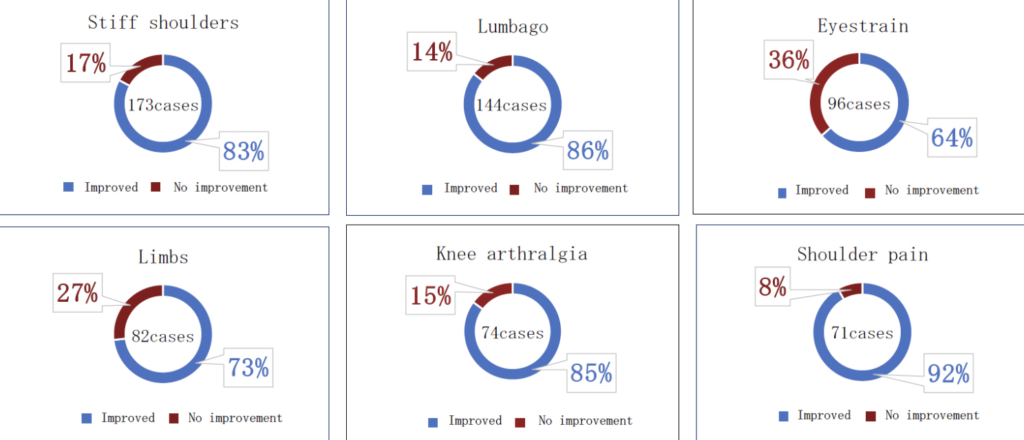

Expected Effects of Growth Factors in Ainprose
| EGF | EGF (Epidermal Growth Factor) is composed of amino acids that promote the production of new cells, which can act on various cells to encourage growth of cells, regulate proliferation, and make repairs. |
| VEGF | VEGF (Vascular Endothelial Growth Factor) plays a key role in angiogenesis and induce cell division and differentiation, which causes the formation of new blood vessels that branch off from existing ones. |
| TGF-β | TGF-β (Transforming Growth Factor) regulates cell proliferation, growth, differentiation, and motility, playing key roles in the reconstruction, wound healing, and immunity of cellular tissues. |
| HGF | HGF (Hepatocyte Growth Factor) promotes the proliferation of hepatocytes involved in the synthesis and storage of proteins, the conversion of carbohydrates, and the detoxification, denaturation, and elimination of cholesterol and xenobiotics. |
| KGF | KGF (Keratinocyte Growth Factor) is mitogenic ( induce cell division) with angiogenesis and wound healing effects, which assist in the production of keratin, an essential ingredient the formation of hair and skin. |
| IGF | IGF (Insulin Growth Factor) is produced by growth hormone which is secreted in large quantities during puberty. They function in a variety of ways, including the promotion of cell proliferation/differentiation, and protein assimilation. |
| PDGF | PDGF (Platelet-Derived Growth Factor) is produced by various cells such as epithelial and endothelial cells. They are involved in regulating the migration and proliferation of mesenchymal cells, which helps promote the growth and regeneration of damaged tissues. |
| FGF | FGF (Fibroblast Growth Factor) is involved in angiogenesis and wound healing. They play key roles in the proliferation and differentiation of wide range of cells and tissues. |
| IL-7 | IL-7 (Interleukin-7) is bioactive substances that promote cell proliferation, and is keys to the survival, proliferation and maturation of cells. |
| GM-CSF | GM-CSF (Granulocyte-Monocyte Colony-Stimulating Factor) promotes cell survival and activation. They are hematopoietic growth factors that promote the differentiation into pluripotent hematopoietic stem cells and function as immunoregulatory factors. |
| EPO | EPO (Erythropoietin) is mainly produced in the kidneys, and are one of the hematopoietic factors that promote the production of red blood cells. |
| TSG-6 | TSG-6 (Anti-Inflammatory Factor) is gaining attention for suppressing inflammation, and as a treatment for arteriosclerosis. |
| TPO | TPO (Thrombopoietin) is involved in the proliferation and differentiation of pro-platelets, and are considered to be key factors in the production of hematopoietic cells. |
| TIMP | TIMP (Tissue Inhibitor of Metalloproteinase) inhabits the degradation of tissue collagen and elastin by MMPs, and helps prevent fibrosis. |
Six Functions of Ainprose
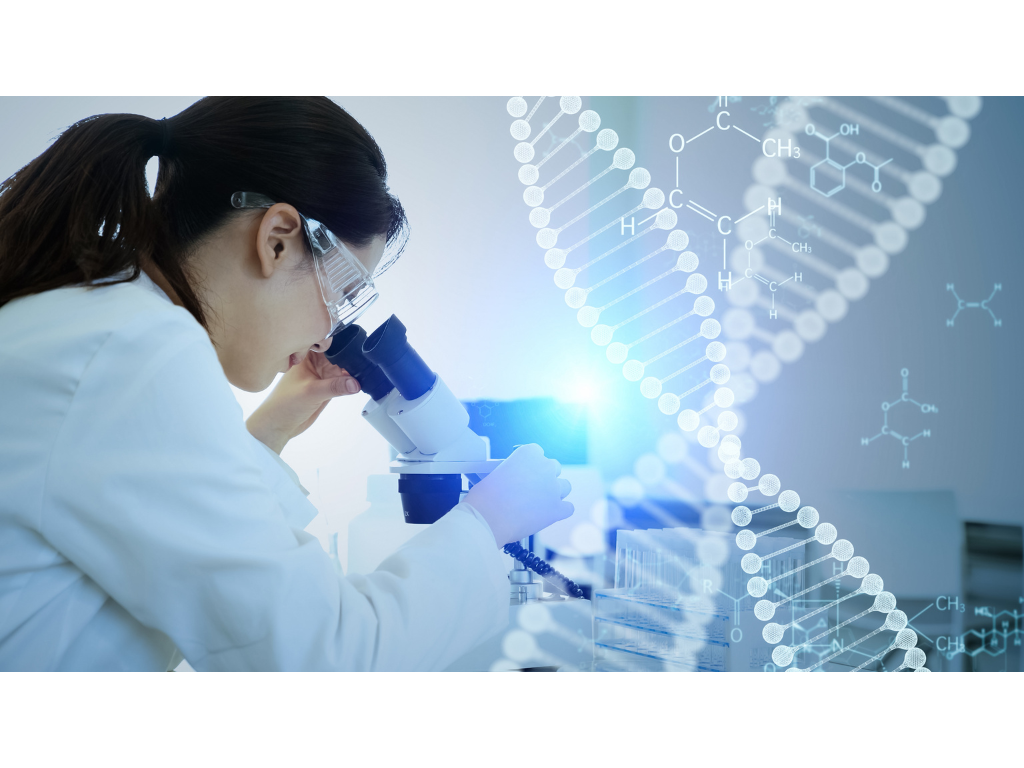
Awakens the original function of stem cells inside the body, help to proliferate the surrounding stem cells, and promote differentiation into needed cells.
Suppresses various sources if inflammation, including inflammation due to the break down tissue and organs, to help relieve intense pain and impaired movement.
Breaks down harmful proteins inside the body, including the blood and the circulatory system, improves glucose metabolism, and reduces hyperlipidemia.
Regenerates blood vessels to supply more essential resources like oxygen and nutrients to tissues and organs, which restores the whole body.
Maintains the balance of immune system functions by promoting activation and regulation of immune cells.
Boosts communication between cells to help prevent decline in cognitive function and activate the brain.

The difference from stem cell therapy
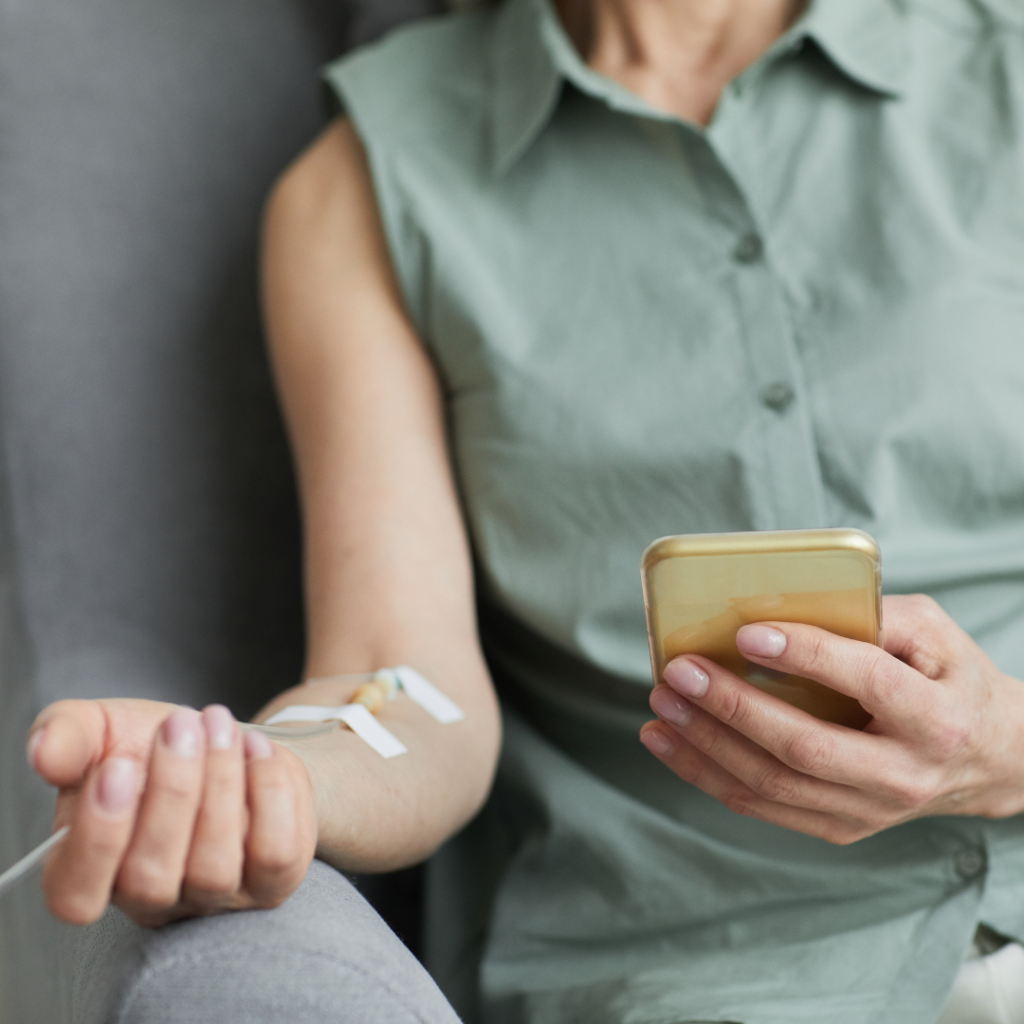
Stem cell therapy involves harvesting a patient's own stem cells, culturing and proliferating them, and reintroducing them into the body to facilitate tissue regeneration and treat diseases.
On the other hand, AINPROS® utilizes endogenous bio-particles and bioactive substances secreted from stem cells. Unlike direct transplantation of stem cells, AINPROS® works by harnessing these components to promote tissue regeneration. Its distinctive feature lies in this approach, which eliminates the need for cell extraction, resulting in minimal invasiveness. Additionally, there is no waiting period for cell culturing, offering another advantage.
Prices
Those who do NOT have a Japanese health insurance.
| AINPROS® 30ml: 1 treatment Intravenous infusion | 671,000 JPY (including tax) |
| AINPROS® 30ml: 3 treatments Intravenous infusion + [Re:A set of 4 cosmetics] + [NMN supplement] | 2,013,000 JPY (including tax) |
| AINPROS® 30ml: 6treatments (+1) Intravenous infusion + [Re:A set of 4 cosmetics] + [NMN supplement] | 4,026,000 JPY (including tax) |
| AINPROS® 10ml: 1 treatment Intravenous infusion | 308,000 JPY (including tax) |
| AINPROS® 5ml: 1 treatment Intra-articular injection | 170,500 JPY (including tax) |
| AINPROS® treatment: 1 body part Intra-articular injection | 134,200 JPY (including tax) |
| AINPROS® 2ml Ultrasonic Penetration | 86,900 JPY (including tax) |
| AINPROS® 1ml Ultrasonic Penetration | 64,900 JPY (including tax) |
※If you receive consultation without treatment, a consultation fee will be charged. ( visiting fee/¥16,600 + consultation fee per additional 15min/¥5,500)
※One of the risks associated with this therapy is that the administration of the stem cell culture supernatant may cause side effects such as temporary allergies.
※Stem cell culture supernatant is not a pharmaceutical product approved under the PMD Act.
※In Japan and other countries, there is no definitive information on the potential for serious risks associated with stem cell culture supernatant.
※There is no other approved pharmaceutical product in Japan with the same ingredients and functions as stem cell culture supernatant.
Clinic Information
| Name of Medical Institution | General Incorporated Association Advalife Science SINCLAIR GINZA |
| Address | FPG links GINZA 4F, 5F 2-8-19 Ginza, Chuo-ku, Tokyo-to, Japan |
| Nearest Station | Ginza-itchome, Ginza, Higashi-ginza, Yurakucho(JR) |
| Operation Hours | 10:00-13:00 / 14:00-19:00 |
| Website | https://s-gc.jp/eng/ |
